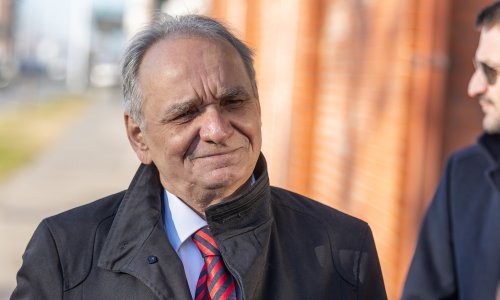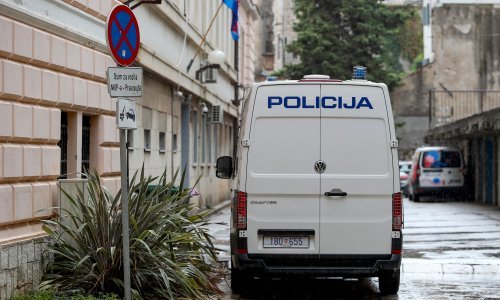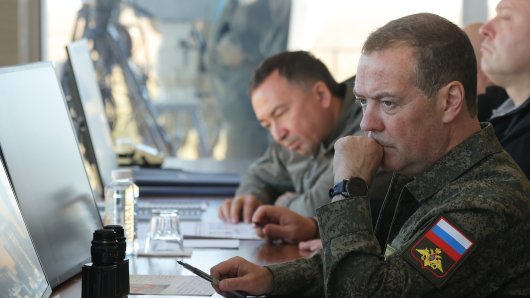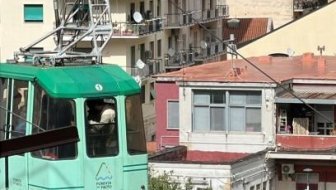Croatian Deputy Parliament Speaker Vladimir Seks on Friday resolutely dismissed the statement by Amnesty International Programme Director Nicole Duckworth that there were sufficient grounds for opening an investigation into him in connection with war crimes in Osijek in 1991, dismissing as untrue her claim that at that time he had held a command post in the city and adding that he was under no investigation whatsoever not because he was protected by his position of a senior state official, but because there were no grounds for an investigation.
He also said that he would request the Chief State Attorney to state his position on the case.
In an interview in the latest issue of the Serb National Council (SNV) weekly Novosti, published on Friday, Duckworth said the AI report that was submitted to the Croatian Justice Ministry last December contained sufficient grounds for opening an investigation into Seks, adding that Seks's testimony in the trial of Branimir Glavas, in which he said that he had held a command post in Osijek in 1991, when many war crimes were committed, was reason enough for that.
We mentioned three people for whom there is enough reason to investigate them - Tomislav Mercep, Vladimir Seks and Davor Domazet Loso, Duckworth told Novosti, adding that AI did not ask that they be prosecuted, but it believed that there was sufficient information and evidence in the public and at the prosecution for the State Attorney's Office to launch an investigation into them.
Seks said on Friday the key untruth was that he had been in a command position in Osijek in 1991.
"I was president of the crisis headquarters for eastern Croatia, I was not the commander. The commander of the crisis headquarters was Colonel Franjo Peic... There is no reason to launch an investigation against me because I was not in the chain of command, not at any time, not ever," Seks said.
He added that the AI report on war crimes prosecution in Croatia was made unprofessionally, contrary to AI's regulations. "The report was not made in cooperation with the institutions in charge in Croatia, and it disregards AI's regulations and statute whose Article 3 reads that AI investigates facts in individual cases of human rights violation in an impartial manner. The entire report is biased, notably in the part referring to my prosecution."
He dismissed the suggestion that he was preventing court proceedings by using his influence as a politician, saying that the investigation was not being launched because there were no grounds for it.
Seks said that he would ask Chief State Attorney Mladen Bajic to give his position on the case and to state that the allegations against him were based on untruths.
He went on to say that the AI report was in line with "attempts that have been made all these years by the infamous (exiled Croatian Serb) Savo Strbac to accuse the entire Croatian military and state leadership of that time for war crimes, which AI takes as credible."
"Strbac has fed his forged documents and evidence to international institutions from the Hague tribunal to AI, in an attempt to incriminate (former Croatian president Franjo) Tudjman, (former defence minister Gojko) Susak, me and all Croatian generals," Seks said.
He added that the most devastating fact about the AI report was that it read that by declaring its independence in June 1991, Croatia caused the war between Croatian forces and Croatian Serb forces, namely that the war in Croatia was a civil war and not an act of military aggression by Serbia and the former Yugoslav People's Army.




































